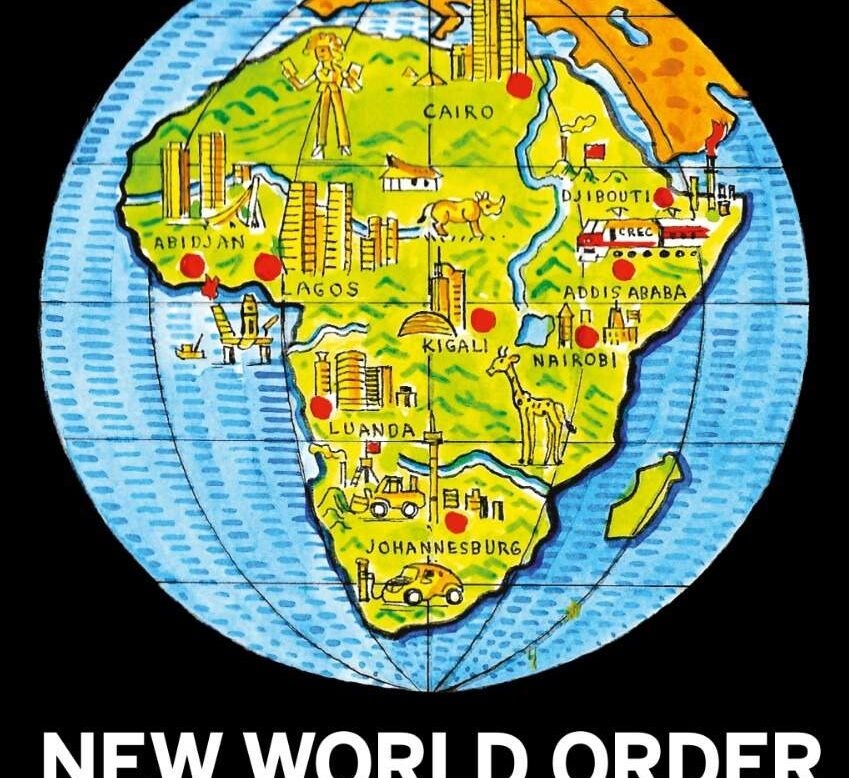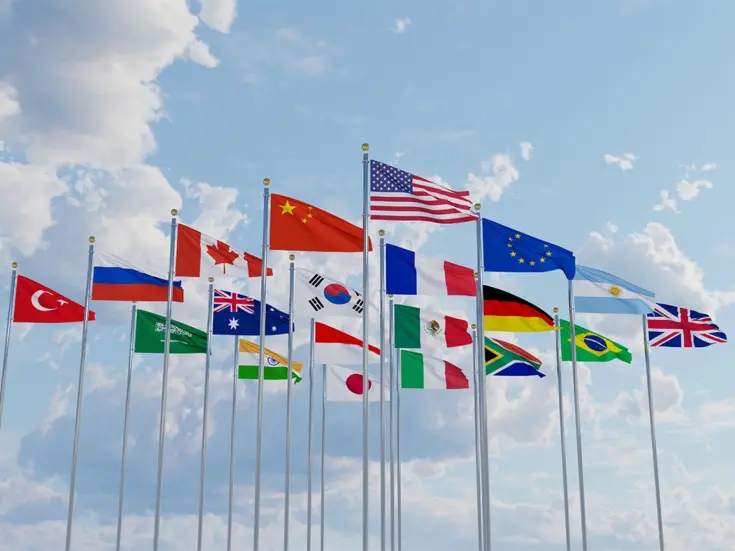
With young, growing populations and cities that are projected to become the largest in the world, the African continent has extraordinary economic potential – that international entrepreneurs and investors cannot afford to ignore
By the time Paris, London, Berlin, Rome, Lisbon and Brussels had done their worst, the ‘Scramble for Africa’, as it had become known, saw some 10,000 political entities across Africa carved up into 40 colonies or protectorates.
As Martin Meredith pointed out in his magisterial The State of Africa: ‘Nearly one half of the new frontiers imposed on Africa were geometric lines, lines of latitude and longitude, other straight lines or arcs of circles.’ In all, he notes, the boundaries cut through 190 culture groups.
It’s not surprising that it has taken Africa a very long time to recover from the poisonous legacy of this era – not to mention the ham-fisted period of rushed decolonisation and cynical exploitation of the Cold War that followed it.
But turn a corner Africa has: the continent is now more peaceful and its 54 countries are more democratically governed than at any time in its history. Since 2008, the GDP of the continent has expanded by nearly 40 per cent, with a total economic output about the same size as the UK’s, at a little over $2 trillion. That, of course, is spread among 1.3 billion people – of whom a staggering 60 per cent are under 25 – so Africa clearly has some way to go. And go some it will.
According to one estimate, by 2050 the combined economy of Africa will be worth some $29 trillion – ten time as much as today. Data from the Pew Research Center offers a clue as to why: it says the continent’s population will rise from 1.3 billion to 2.5 billion in 2050, and on to 4.3 billion in 2100, with those gains mostly in sub-Saharan Africa, which is ‘expected to triple in population’. By comparison, Asia’s population will peak around 2060 at 5.3 billion and fall to 4.7 billion by the end of the century. The population of Europe, meanwhile, will rise to 710 million in 2050 and fall back to 630 million by 2100.
At that point, five of the 10 countries with the largest populations in the world are forecast to be African – namely Nigeria (733 million), the DRC (362 mil-lion), Ethiopia (294 million), Tanzania (286 million) and Egypt (225 million). The US population will stand at 434 million. The number of births in Nigeria is expected to over-take those of China by 2070. At the same time, 90 countries in the world are expected to see their populations fall by 2100.
Moreover, by 2050 Nigeria is expected to see its working-age population almost triple in size from 56 million to 160 million; Kenya’s will do the same, rising from 18 million to 48 million, according to figures from the Economist Intelligence Unit (EIU). Angola’s will also triple, while those of Egypt and Algeria will double. ‘Countries with favourable demographics will therefore have an advantage in terms of sustaining higher levels of growth,’ the EIU opines.
Indeed, come 2050 Nigeria is expected to have moved up eight places from 22nd in the world economy rankings into 14th, thanks to an annual growth rate of 4.3 per cent. Egypt, meanwhile, will have moved from 21st to 15th. These African behemoths will have overhauled South Korea, Italy and Canada to get there. South Africa will have nudged up from 29th up to 27th.
What this means is that in addition to the diamonds and oil, in addition to heaps of space for agriculture, and in addition to reserves of rare earth metals essential for a digital and carbon-free, battery-powered future, Africa will have the lion’s share of the workers in 30 short years from now. As the rest of the world greys, Africa’s future is all the more vibrant.This all stacks up to a demographic reordering of the world.
If this is destined to be the Chinese century, then the future is African, and investors wanting to join the continent in its rise to prosperity would do well to join Africa for the ride.










